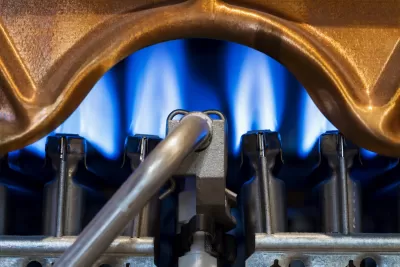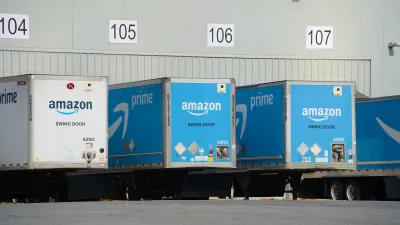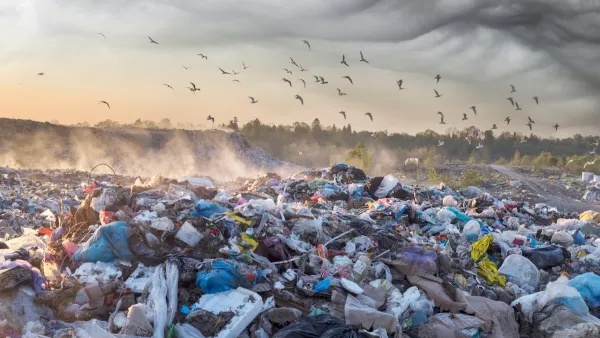Pollutants from methane, propane, and fuel oil are on the rise, leading to a growing public health crisis.

A report from air quality and atmospheric science consulting company Sonoma Technology reveals that New Yorkers are suffering from high levels of respiratory illnesses, cardiovascular disease, and other illnesses due to increased air pollution, much of which comes from buildings.
As an article in BK Reader explains, “In the New York City metro area alone, the maximum daily ozone pollution from buildings rose 58% from 2016 to 2023.” The pollutants are a result of emissions from methane gas, propane, and fuel oil, commonly used for domestic water heating.
Some proposed state legislation, including the NY HEAT Act, the Bucks for Boilers Act, and the Green Affordable Pre-Electrification Fund, could help New Yorkers switch to cleaner appliances and electric equipment.
To address air quality concerns, some California cities enacted bans on new natural gas appliances, but many suspended them after a Ninth Circuit court forced Berkeley to reverse its ban.
FULL STORY: Air Pollution from Buildings Driving Health Crisis in New York

Planetizen Federal Action Tracker
A weekly monitor of how Trump’s orders and actions are impacting planners and planning in America.

Map: Where Senate Republicans Want to Sell Your Public Lands
For public land advocates, the Senate Republicans’ proposal to sell millions of acres of public land in the West is “the biggest fight of their careers.”

Restaurant Patios Were a Pandemic Win — Why Were They so Hard to Keep?
Social distancing requirements and changes in travel patterns prompted cities to pilot new uses for street and sidewalk space. Then it got complicated.

Platform Pilsner: Vancouver Transit Agency Releases... a Beer?
TransLink will receive a portion of every sale of the four-pack.

Toronto Weighs Cheaper Transit, Parking Hikes for Major Events
Special event rates would take effect during large festivals, sports games and concerts to ‘discourage driving, manage congestion and free up space for transit.”

Berlin to Consider Car-Free Zone Larger Than Manhattan
The area bound by the 22-mile Ringbahn would still allow 12 uses of a private automobile per year per person, and several other exemptions.
Urban Design for Planners 1: Software Tools
This six-course series explores essential urban design concepts using open source software and equips planners with the tools they need to participate fully in the urban design process.
Planning for Universal Design
Learn the tools for implementing Universal Design in planning regulations.
Heyer Gruel & Associates PA
JM Goldson LLC
Custer County Colorado
City of Camden Redevelopment Agency
City of Astoria
Transportation Research & Education Center (TREC) at Portland State University
Camden Redevelopment Agency
City of Claremont
Municipality of Princeton (NJ)





























